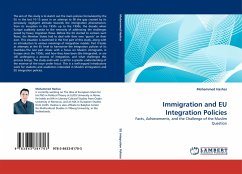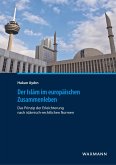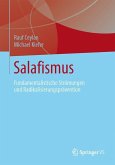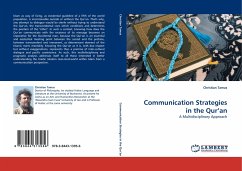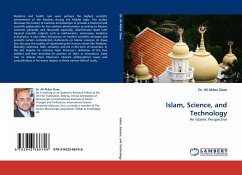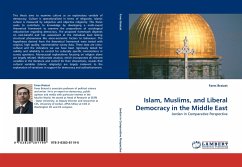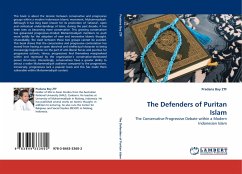The aim of this study is to sketch out the main policies formulated by the EU in the last 10-15 years in an attempt to fill the gap created by its previously negligent attitude towards the immigration phenomenon, from its inception in the 1950s up to the 1990s, the decade when Europe suddenly awoke to the necessity of addressing the challenges posed by heavy migration flows. Before the EU started to contain such flows, the Member States had to deal with their new 'guests' on their own. This situation is examined in the first part of this study, along with an introduction to various meanings of integration models. Part II looks at attempts at the EU level to harmonise the integration policies of its members.The last part closes with a focus on Muslim immigrants in Europe since the 1950s, and how they have been (dis-)integrated, or are still undergoing a process of integration, and what challenges this process brings. The study ends with a call for a greater understanding of the essence of the issue under focus. This is a well-argued introductory work for students and academics interested in Muslim immigration and EU integration policies.
Bitte wählen Sie Ihr Anliegen aus.
Rechnungen
Retourenschein anfordern
Bestellstatus
Storno

